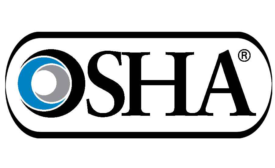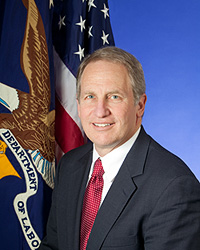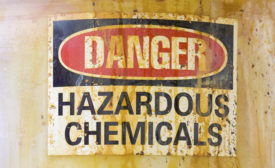News
A Confined Space blog post
Acosta names Ronald Reagan to Labor Hall of Honor
August 28, 2017
Bottled water ok again in national parks
Environmentalists fuming over reversal
August 25, 2017
Never miss the latest news and trends driving the safety industry
eNewsletter | Website | eMagazine
JOIN TODAYCopyright ©2024. All Rights Reserved BNP Media.
Design, CMS, Hosting & Web Development :: ePublishing









